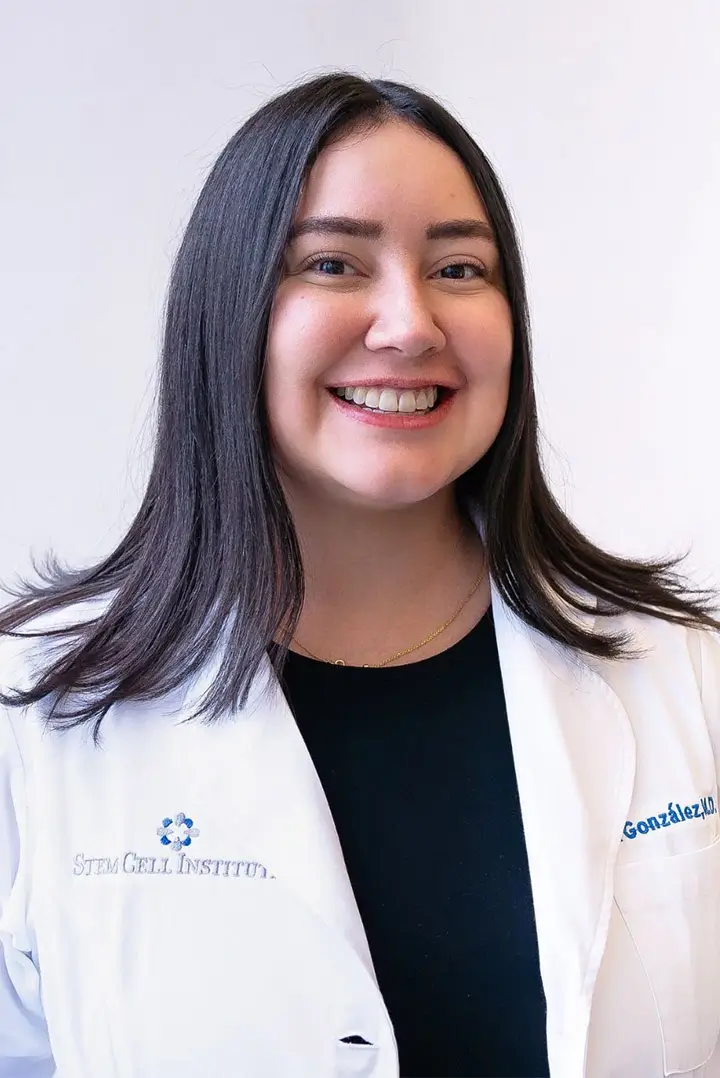The Belgian adult stem cell company, Cardio3 BioSciences, today presented an update of its C-Cure adult stem cell therapy for heart failure at the 10th annual conference of the European Society of Cardiology in Barcelona.
Described as a second generation adult stem cell therapy, C-Cure allows the differentiation of a patient’s own (autologous) adult stem cells into "cardiopoietic" cells which then differentiate into new cardiac tissue, thereby repairing heart muscle. The proprietary product is derived from autologous adult stem cells that are harvested from each patient’s own bone marrow and cultured with a patented laboratory technology that yields the new, regenerative cardiopoietic cells. Currently C-Cure is being evaluated for both safety and efficacy in the treatment of heart failure in a double-blind, placebo controlled, randomized, multi-center clinical trial.
The international congress is featuring a number of recent advances in cardiac regenerative therapies, with particular emphasis given to the progress that has been made from first-generation to second-generation products. According to Dr. Christian Homsy, CEO of Cardio3 BioSciences, "The potential of cell therapies for the treatment of heart failure has long been recognized but there have been considerable hurdles to overcome in delivering on the promise. Today’s expert panel was able to provide a thorough review of the advancements in science that have brought about today’s second-generation cell therapies, and to put our product, C-Cure, into context. We believe C-Cure has tremendous potential to realize the promise of regenerative therapies in heart failure, and we look forward to the results of our pivotal trial."
Headquartered in Mont-Saint-Guibert, Belgium and founded in 2007, Cardio3 Biosciences, S.A., describes itself as focusing on "the field of regenerative therapies for the treatment of heart failure." As further described on the company’s website, "C-Cure is a cell therapy based on the usage of autologous stem cells differentiated into cardiac precursors called cardiopoietic cells. This second-generation cell therapy was developed based on research conducted with the Cardiovascular Center of Aalst, Belgium, and the Mayo Clinic of Rochester, Minnesota, USA."

